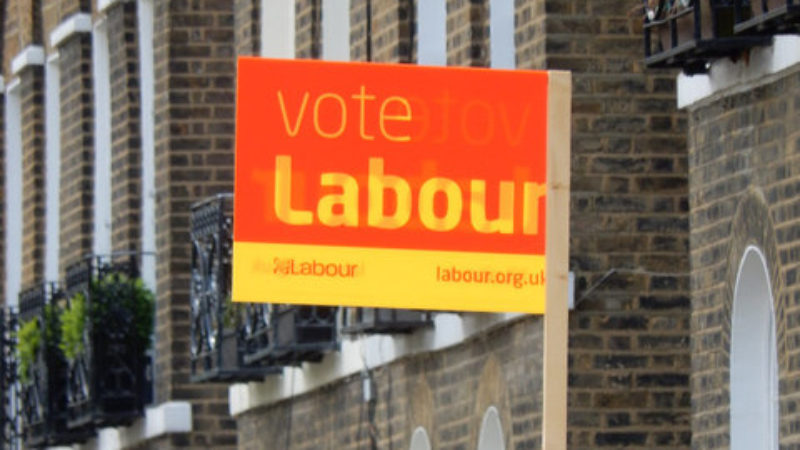
A new “unity project” called Labour Together has been launched, which aims to “to bring the Labour party together to become once again the party of the whole country and the party of the future.” Their website states that their “starting point is the belief that a more equal distribution of power is essential to creating a fair society in which everyone has a chance to flourish”
The group is supported by MPs Jon Cruddas, Steve Reed, and the Shadow Energy Secretary Lisa Nandy, as well as local government leaders Judith Blake, of Leeds, and Nick Forbes, of Newcastle. Early signs appear to indicate the group will push forward with an agenda to support further devolution.
They will also look to build on the 2012-2014 policy review, which Cruddas was heavily involved in before being effectively sidelined by Ed Miliband in the manifesto writing process.
Cruddas announced the formation of the group in an Observer article yesterday, saying that Labour needs to build a “broad coalition of electoral support”, something the party “didn’t do” in 2010 and “ignored” in 2015. He wrote:
We want power to be shared with local people, not just with town halls and local politicians. Local people know best how to solve local problems and we must involve them in policy making and shaping their public services.
We want the same power for people in the economy. Our priority must be a new political economy that is pro-worker and pro-business, supporting people to develop the skills, power and knowledge they need to act as full economic citizens.
We need to help people to help themselves. The power of people’s relationships can transform lives for the better and give them a sense of identity and belonging.
In a follow-up piece for the Staggers this morning, Nandy and Reed write that the party “lost in 2015 because we weren’t clear enough what we believed in or what we wanted our country to become”. They say:
Many of the radical ideas from the Labour Party’s policy review, shaped by a wide network of supporters, activists and thinkers, never formed part of Labour’s campaign.
Big ideas like devolving power to our regions, cities, towns and communities; giving people a bigger say over the public services they use; giving workers a real voice in the workplace; connecting people with the digital revolution; recognising the importance of family, community, and national identity. We didn’t challenge a welfare system that demonises the poor and allowed ourselves to be portrayed as anti-business. We can’t make that mistake again.
The best way to solve the huge, collective challenges we face is by involving people. Labour councils, working with their communities, have shown us the way.




More from LabourList
‘The hope that kills you’: Reflections from the final day in Gorton and Denton
MPs, union leaders and organisations react to ‘bruising’ Gorton and Denton result
A gory night for Labour